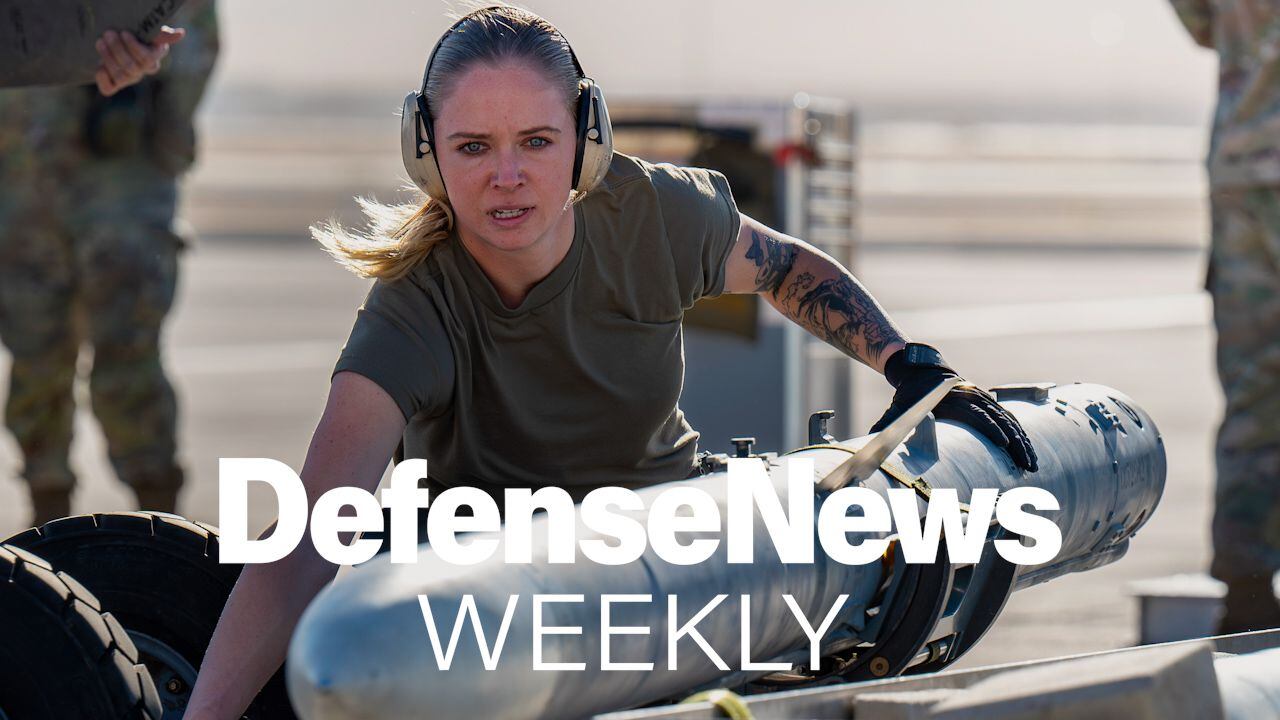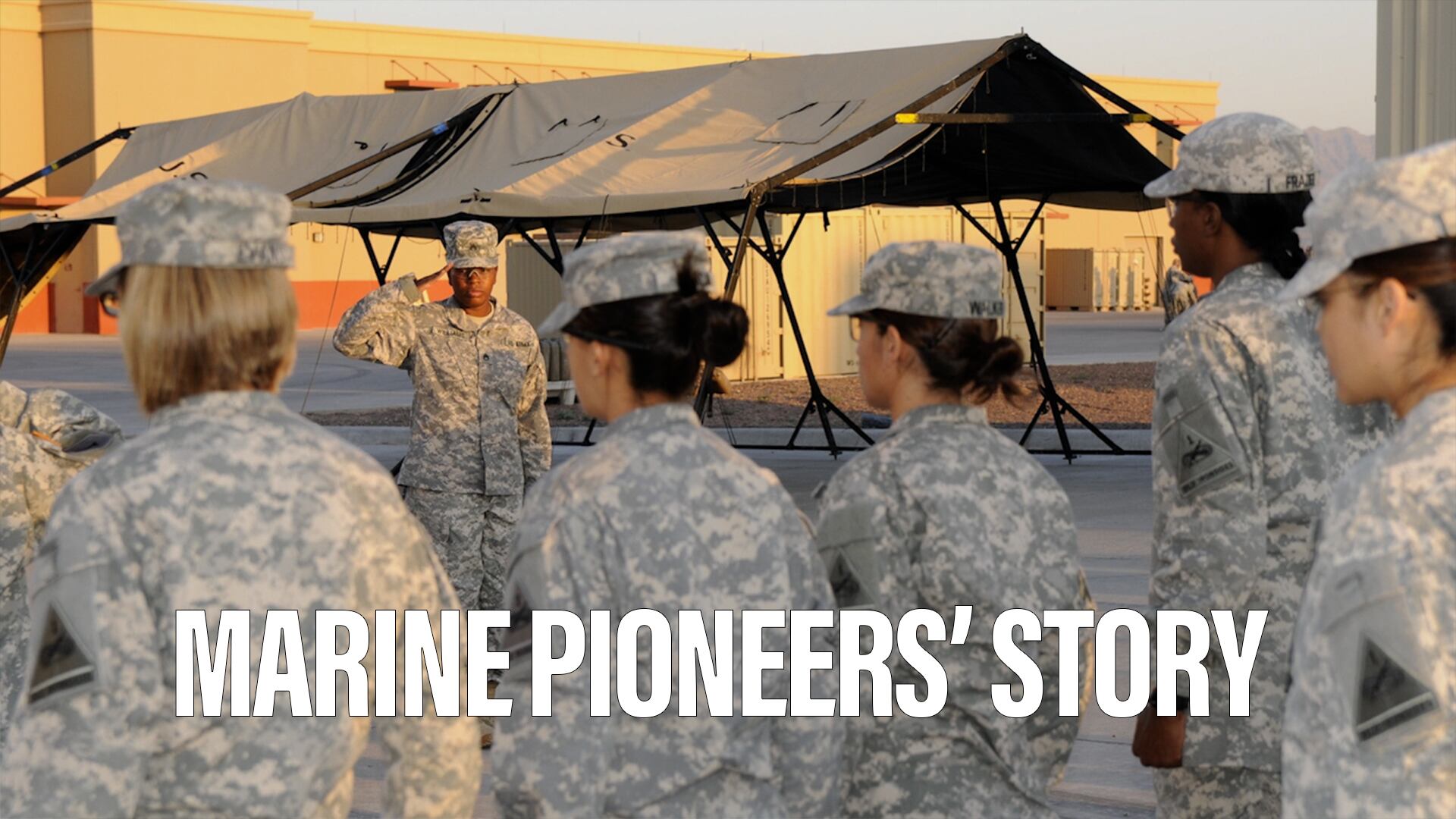WASHINGTON — The Pentagon plans to include funding in the fiscal 2017 budget request to maintain current force levels for the Afghan military, the department's top official said Wednesday.
"It's not a question of whether, but how to continue the mission in Afghanistan," Defense Secretary Ash Carter said US Secretary of Defense, in comments at the annual AUSA conference in Washington. DC, Later, he added that the US is committed to "an enduring presence in Afghanistan that makes good on the promise of the tremendous effort and the incredibly skilled effort that we've made to date."
"When I submit my 2017 budget, I will include critical financial support to the Afghan National Defense and Security Forces to help it sustain its current force levels of 352,000 troops in 2017 and beyond," Carter said in his prepared remarks.
Going off those prepared statements, Carter added that he felt it necessary to show support, both vocally and fiscally, for the Afghan forces.
"It's important to say these things because the narrative that we're leaving Afghanistan is self-defeating," Carter said. "We're not. We can't. And to do so would not be to take advantage of the success had to date."

AUSA President retired Gen. Gordon Sullivan, right, speaks with Secretary of Defense Ash Carter on Oct. 14 at the annual Association of the US Army conference in Washington.
Photo Credit: Mike Morones/Military Times
That "success" has been hard to identify lately, with the Taliban having made big gains inside Afghanistan, including capturing for a time the city of Kunduz. Afghan forces have since reclaimed the city, but not without a cost, including a situation where it appears a US AC-130 opened fired repeatedly on a hospital run by Médecins Sans Frontières, known as Doctors Without Borders inside the US.
While the Pentagon has pledged to review of the incident, officials from the non-profit have called for an independent investigation into the strike, which killed 22 people. The DoD has promised to make "condolence payments" to the families of those killed. Carter's speech did not touch on the Kunduz incident.
Carter later indicated he would like to see other partner nations in the region kick in support, both morally and fiscally, for the Afghan government.
"Money speaks," Carter told the audience, and "while our presence there — to train, advise, assist, conduct counterterrorism operations and so forth — is crucial and will stay crucial, it is very important that not just we, but all of the countries of the coalition that has fought in Afghanistan, stick with the funding of the Afghan security forces and with the Afghan government to develop the country."
Email: amehta@defensenews.com
Twitter: @AaronMehta
Aaron Mehta was deputy editor and senior Pentagon correspondent for Defense News, covering policy, strategy and acquisition at the highest levels of the Defense Department and its international partners.








